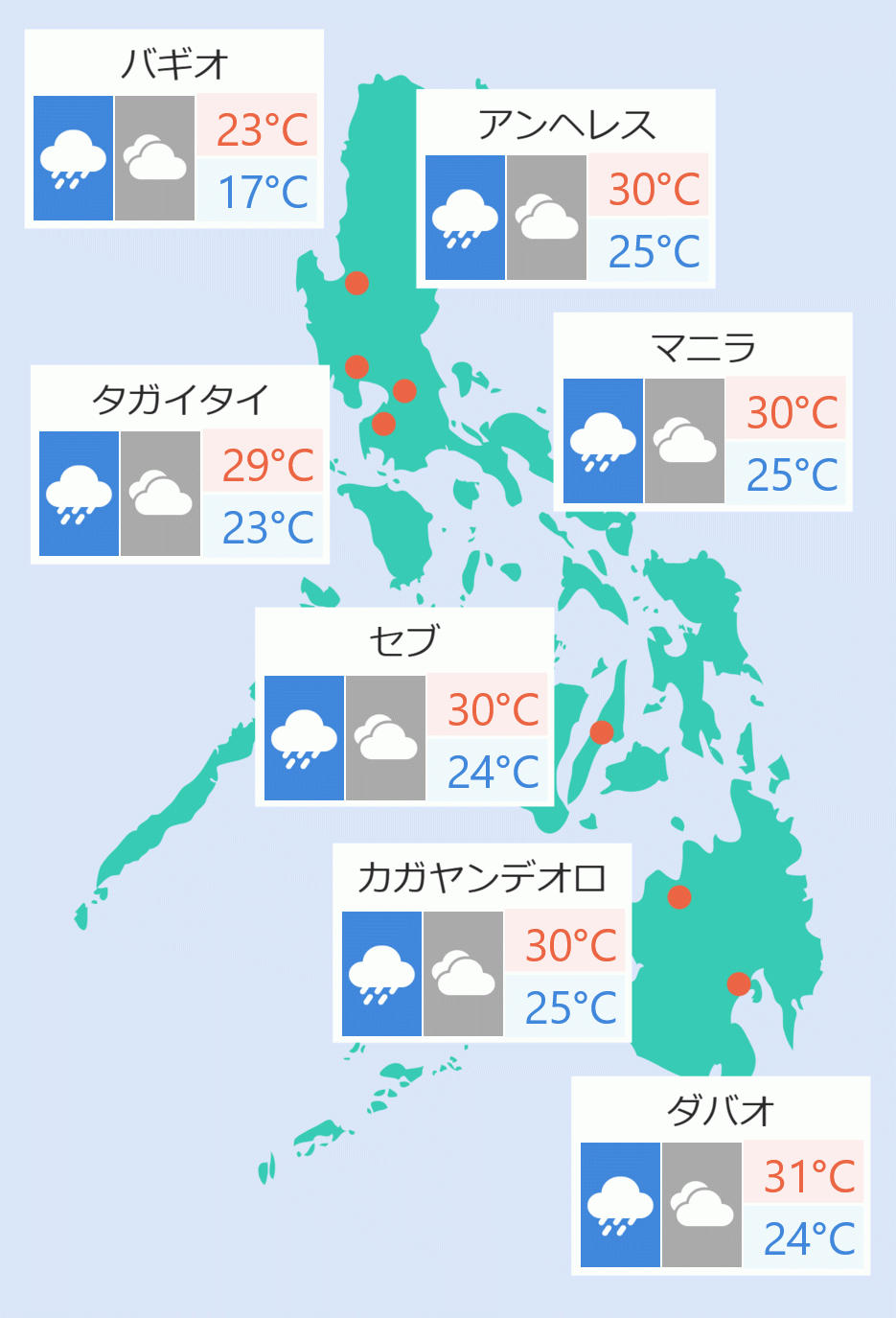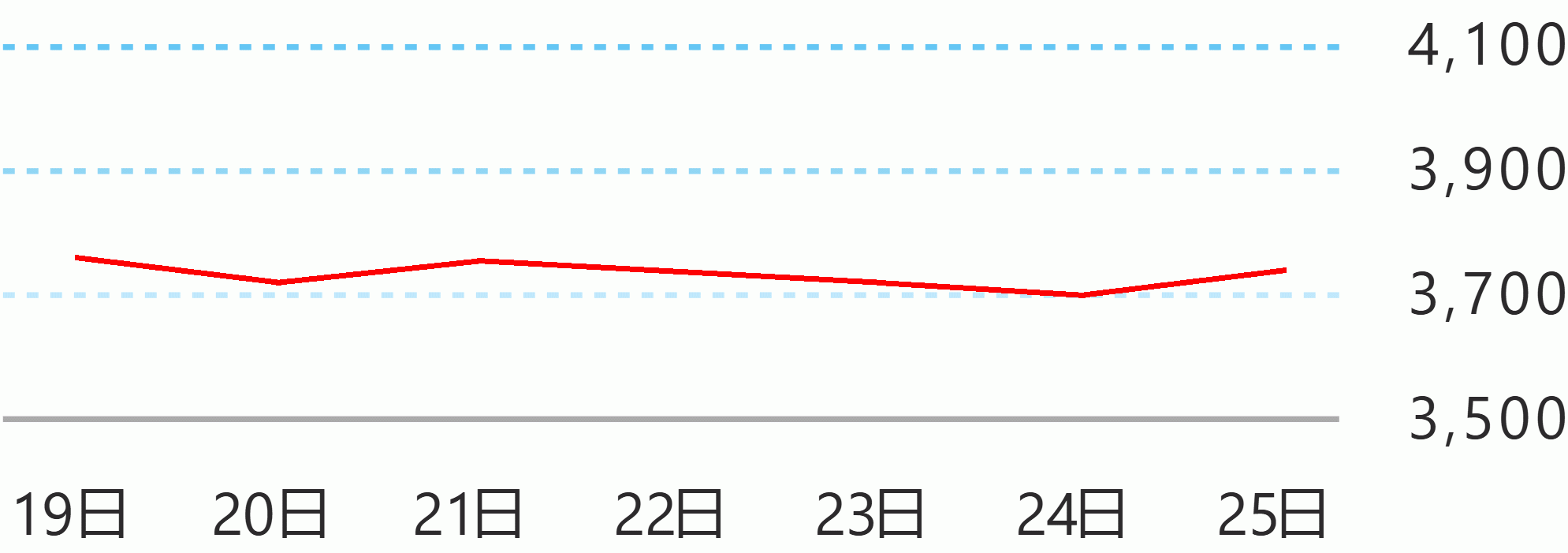The Department of Information and Communications Technology (DICT) said on Thursday that it does not see the need for telecommunications companies to increase their charges to customers as more towers have been built and more facilities have been rolled out.
DICT Assistant Secretary Emmanuel Caintic made the statement during a regular virtual press briefing in Malacanang where it was also discussed the National Telecommunications Commission's report on the supposed improvement of the services of various telcos.
But during the same briefing, Presidential Spokesperson Harry Roque complained as Caintic, Communications Undersecretary Rocky Ignacio and the reporters who were supposedly asking questions were cut off apparently due to bad service from internet providers.
"We have experienced first hand the problem on internet connection. We are all in Metro Manila. We've been cut several times," Roque said, prompting him to ask Caintic what could be the solution to the internet connection problem.
Caintic said more towers, more fiber cable, and better customer service are needed to address the issue.
Asked also on the concern of the telco customers that their improved services during the past few months could be affected if they would not upgrade and pay more for their services, Caintic said that he would ask the NTC to look into the customer complaint section to answer accordingly.
NTC is an attached agency of DICT.
"As to the question if there is a need to increase the fees because we have rolled out more (facilities), it should not be," Caintic said.
President Rodrigo Duterte threatened last year to close down or expropriate the telcos if they fail to improve their services, which apparently prompted the companies to provide better services during the latter part of 2020.
The NTC submitted early this year a report regarding the developments on telco services.
Roque has yet to present to Duterte the NTC report.
But citing the NTC report quoting Ookla, a global leader on internet testing data and analysis, Roque said the internet speed for fixed and mobile broadbands in the Philippines has improved.
But he acknowledged that much still needs to be done to be at par with neighboring countries.
"The telecom providers should really need to improve their services...it's not acceptable that we're lagging behind our neighboring countries and we should aspire to be world class when it comes to telecommunication," he stressed. Celerina Monte/DMS





 English
English









